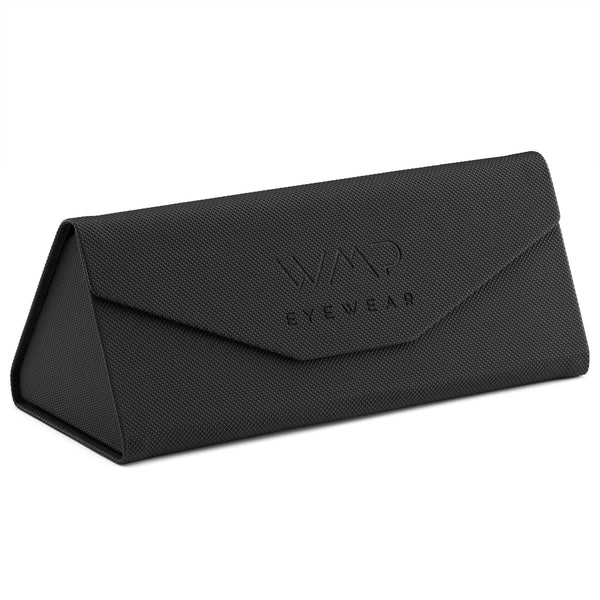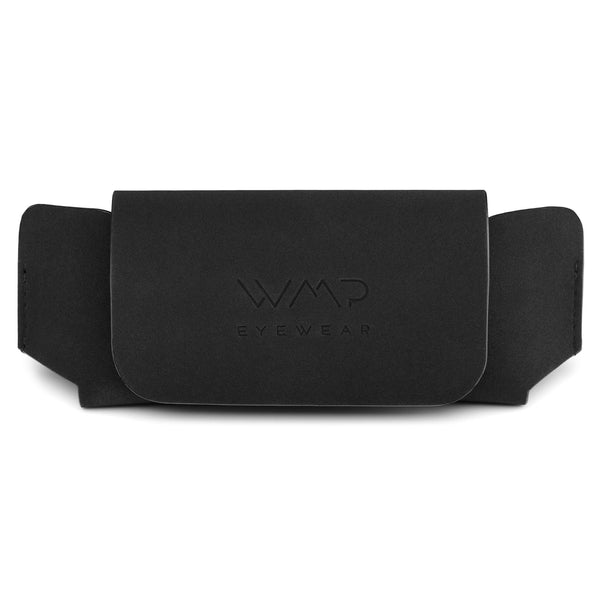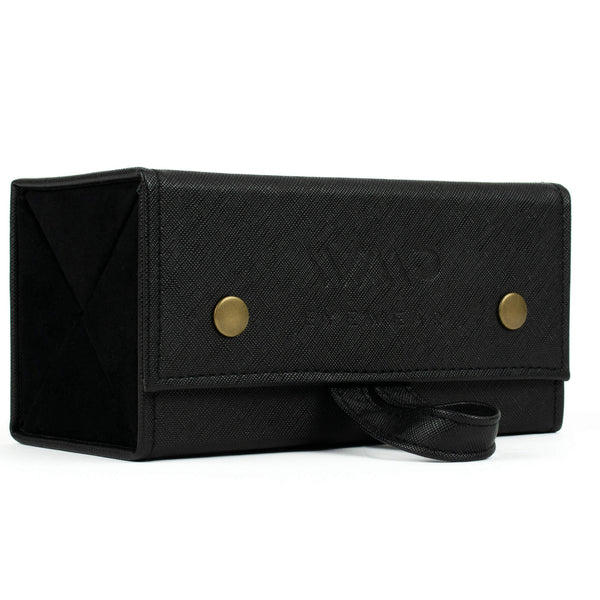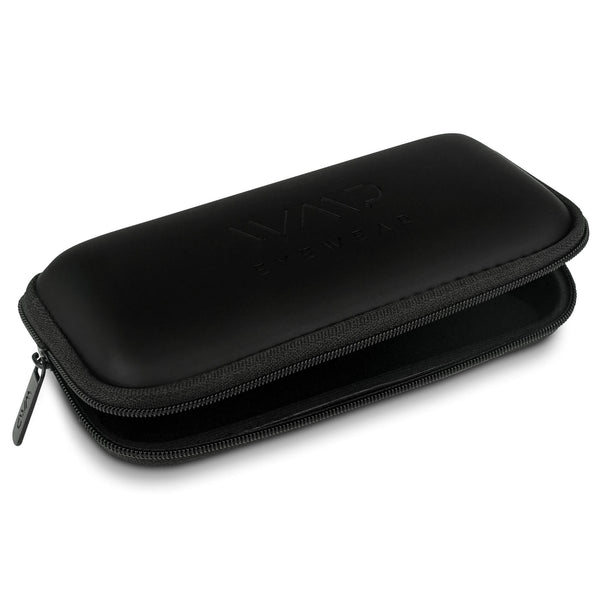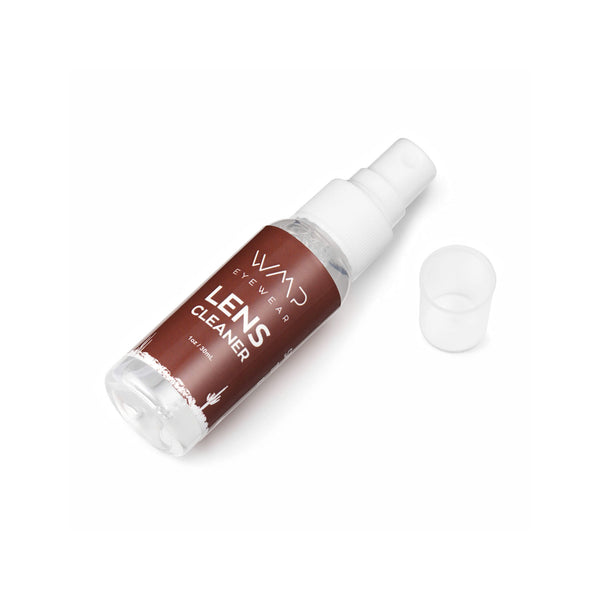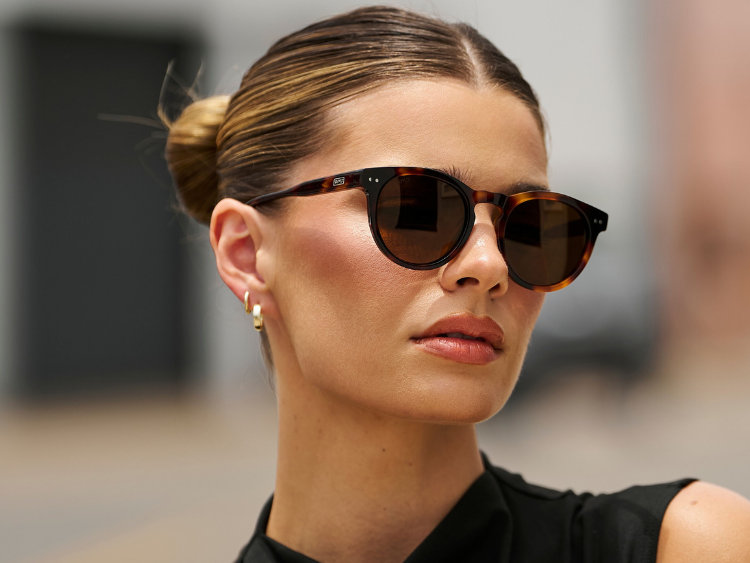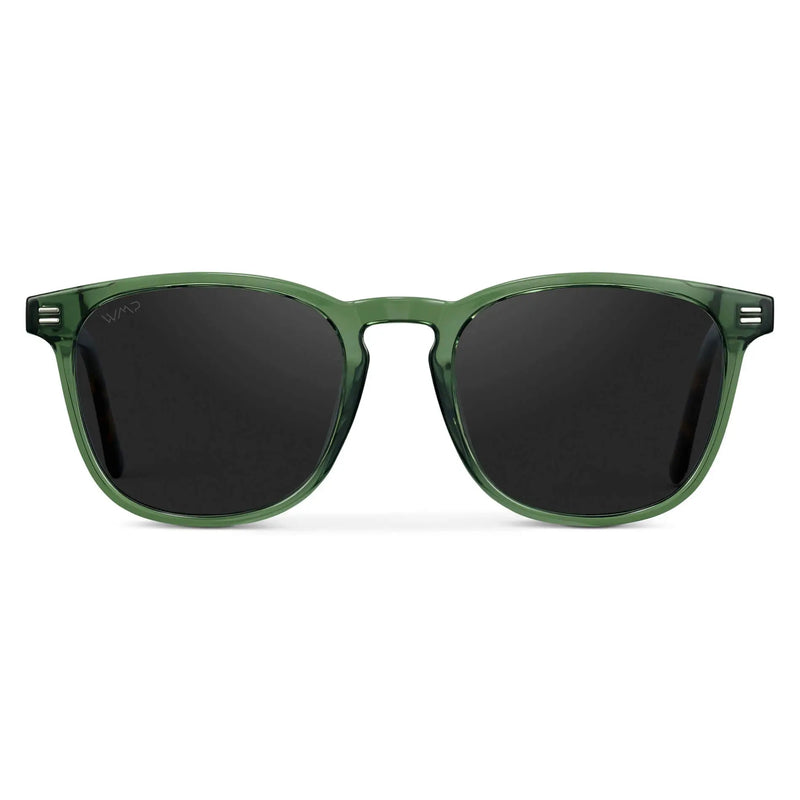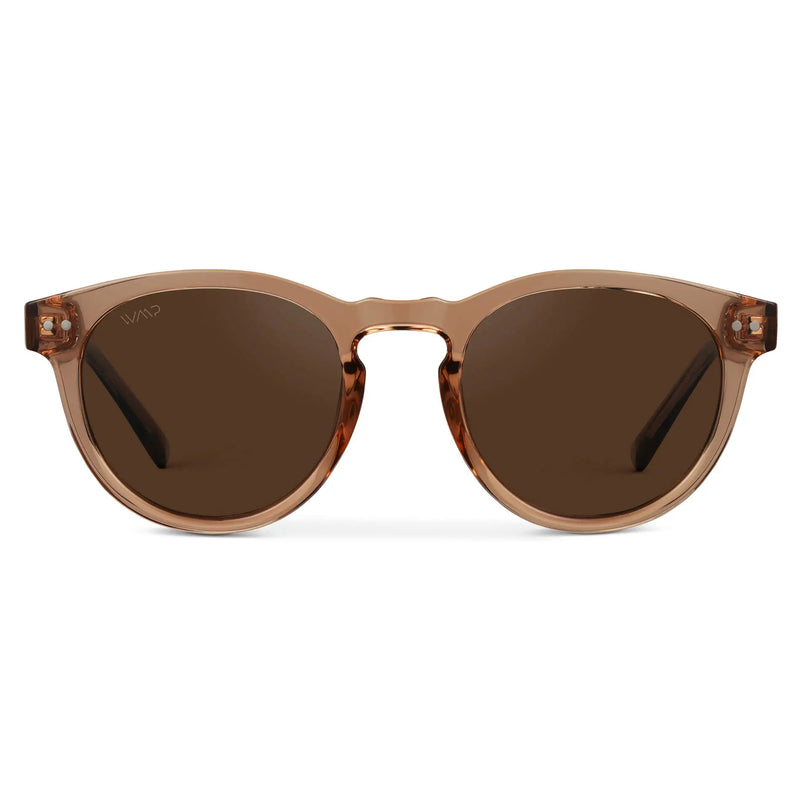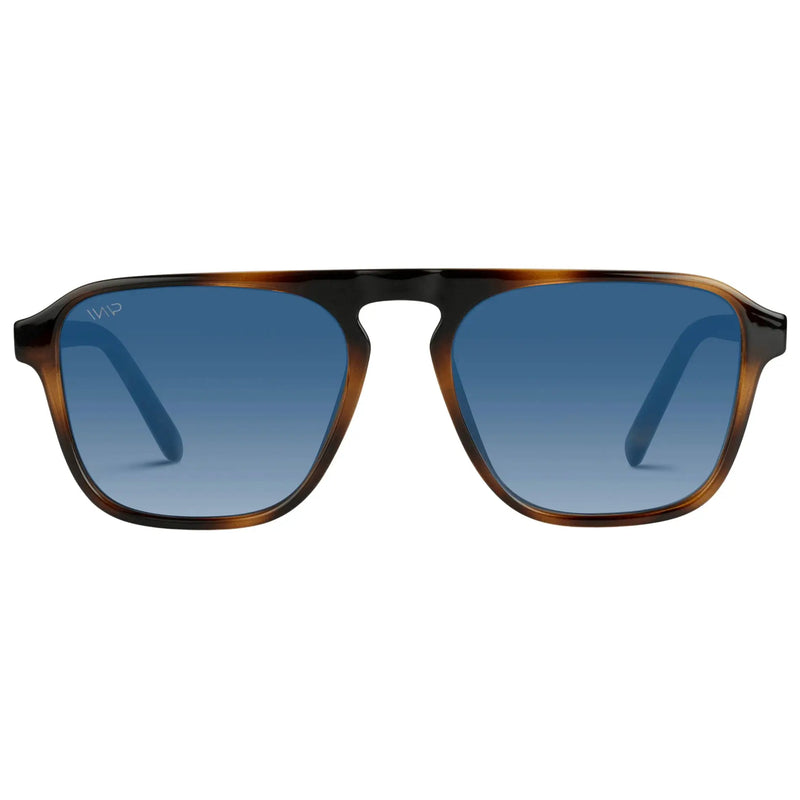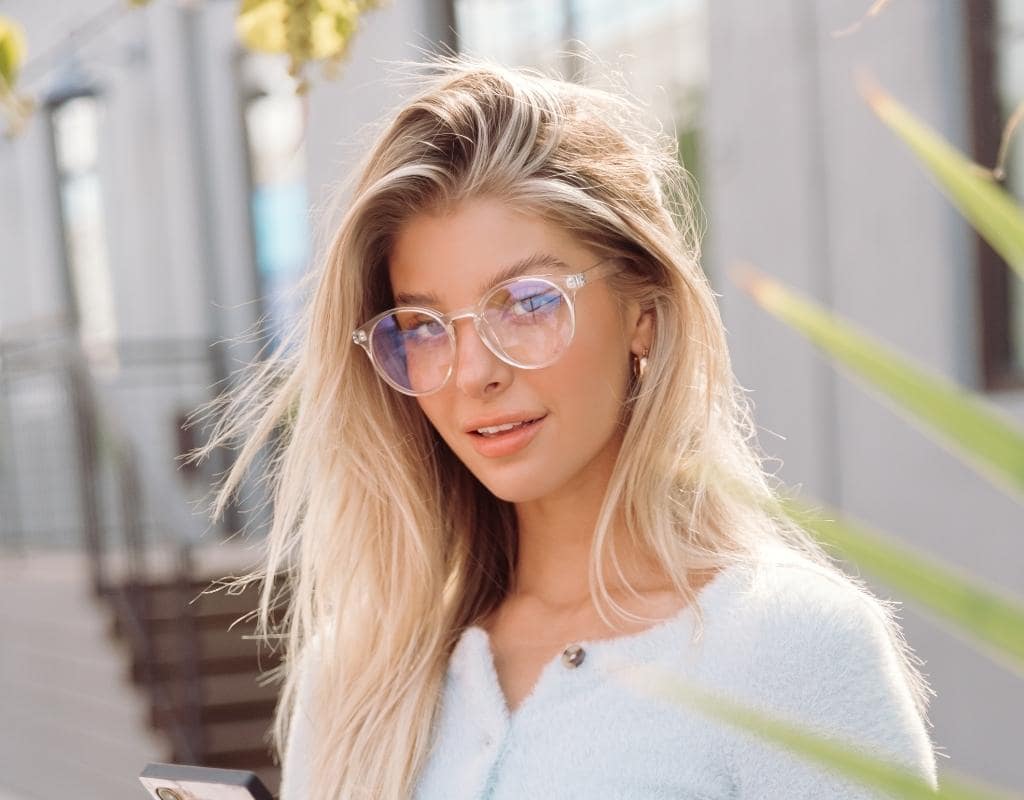Do Blue Light Glasses Work?

It's no secret that most of our lives are spent looking at a computer screen or our phones. Many jobs require constant computer use, and our free time is spent scrolling on social media. Your phone is likely the first thing you looked at this morning, and the last thing you looked at last night. If your intervening sleep time was poor quality and restless, your screen time might be to blame.
Is Digital Screen Time Causing Eye Strain?
No, not necessarily. The real culprit is the amount of blue light emitted from your screens. While some amount of blue light is good for natural rhythms (sunlight is actually blue light), too much, especially at the wrong time of day, can be damaging to your vision, sleep, and overall health. Natural blue light keeps us alert and energized, but too much exposure can cause light sensitivity, or photophobia, leading to eye fatigue, insomnia, and eventually damage to the retina.
The biggest risk of blue light exposure is after dark, when it interrupts our circadian rhythms. Late-night blue light pushes our internal clock back, making it harder to wake up in the morning. Ideally, people would avoid looking at screens for at least three hours before bed, but for many of us, this isn't practical. So what's the college student or freelance worker to do?
What are the Best Glasses for Light Sensitivity?
Thankfully, lenses have been developed for people who suffer from light sensitivity. These light sensitivity glasses, which filter out or block a large percentage of blue light, have been a lifesaver for people who suffer from eye strain. Wearing these blue light filter lenses, especially when looking at LED screens after dark, reduces exposure to artificial blue light. Regular use of blue light blocking glasses helps combat eye strain and leads to much more restful sleep.
Do You Need Blue Light Blocking Glasses?
You may benefit from wearing blue light glasses if:
You have sensitive eyes
If you often experience dry eyes, headaches, or blurred vision after long periods using your digital devices. These are signs of digital eye strain, which results from too much exposure to high energy visible (HEV) wavelengths. Our eyes have a harder time coping with higher energy blue light than other types of light. Filtering out these wavelengths with blue light lenses will help keep your eyes relaxed during working hours. The American Academy of Ophthalmology says you can minimize digital eye strain by:
- Taking regular breaks every 20 minutes to look away from your screen
- Sit an arm's length away from your screen
- Increase the contrast on your screen, or cut glare by using a matte filter
You have trouble falling and staying asleep
Blue light signals your brain to be awake and alert, which can be a problem once it’s time to go to sleep after a day of being on your computer. Exposure to light during the night suppresses your body's natural production of melatonin, which promotes restful sleep. Looking at bright lights after the sun has gone down pushes back your natural rhythms, causing you to stay up later and wake up groggier. According to a Harvard research study, blue light can disrupt your natural sleep patterns twice as much as other frequencies of light. Wearing blue light glasses after sunset and limiting your after-dark screen time as much as possible can dramatically affect the quality of your sleep, and your alertness during the day.
You often have to use your computer or digital devices after dark
If you work or study in the evenings, nighttime blue light exposure may be unavoidable. Using blue light-blocking lenses during these hours will support your natural melatonin production and help you make the most of your sleep. Blue light filters will also help with nighttime eye strain, when our eyes are even less accustomed to HEV wavelength exposure.
You spend long hours on your computer every day
With the national average of daily screen time approaching a whopping 11 hours, there is rising concern about long-term eye health. If that much exposure is commonplace for you, blue light glasses can help prevent retinal damage, macular degeneration, and even blindness that result from years of constant and prolonged blue light exposure.
How to Shop for Blue Light Blocking Glasses
A few years ago, the only light blocking glasses you could buy were large and unflattering, with dark yellow or amber-colored lenses. These glasses didn’t pick up much traction initially, since they were a bit odd-looking for workplace wear. Yellow lenses are fine for at-home evening wear to encourage better sleep, but everyday use calls for modern blue light glasses with clear lenses that look like normal readers.
Blue light has been a buzzy topic recently, with lots of glasses companies jumping on the blue light blocking bandwagon. While this means that there are now lots of flattering, clear lens options to choose from, not all companies test their lenses to make sure they block a large percentage of blue light wavelengths.
When shopping for glasses that block blue light, make sure a testing process is mentioned. If a testing process is not explicitly stated, you can email the company to ask how they test their products. You can see our testing process in this short video, which compares the percentages of blue light blocked by WMP Eyewear lenses versus those from a competing company:
Any ideas on how we beat the competition? Our blue light glasses have multiple layers of blue light filter coating on both the inner and outer surfaces of the lenses, for superb blue light protection without sacrificing style. The lenses have no yellow tint, and come in a variety of frames that can be used as a fun fashion accessory as well as great eye protection for the workplace! Who said proper eye care can’t be stylish?
Our blue light-blocking glasses:
- Minimize digital eye strain
- Encourage natural melatonin production
- Support healthy sleep patterns
- Block long-term damage from high energy blue light
- Come in lots of stylish frames!
Remember that although blue light glasses are great for screen time, they don't protect against all types of light. When spending time outside, it's still a good idea to invest in a pair of high-quality polarized sunglasses to combat light sensitivity. We offer various types of glasses, blue light included, that are fashionable and affordable!
